Earth
Sign up for our newsletter
We summarize the week's scientific breakthroughs every Thursday.
-
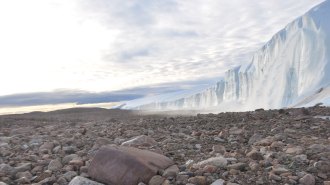 Earth
EarthThe mysterious Hiawatha crater in Greenland is 58 million years old
An impact crater spotted in 2015 in Greenland is far too old to be connected to the Younger Dryas cold snap from 13,000 years ago, a study suggests.
-
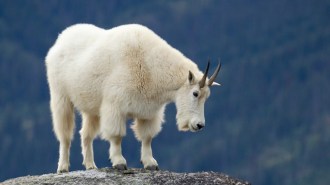 Animals
AnimalsCulturally prized mountain goats may be vanishing from Indigenous land in Canada
As fewer mountain goats are spotted along British Columbia’s central coast, First Nations people team up with biologists to assess the population.
-
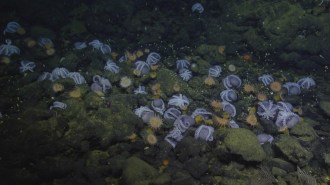 Oceans
OceansSome deep-sea octopuses aren’t the long-haul moms scientists thought they were
Off California’s coast, some octopuses lay eggs in the warmer water of geothermal springs in the “Octopus Garden,” speeding up their development.
-
 Climate
ClimateA UN report shows climate change’s escalating toll on people and nature
The latest United Nations' IPCC climate change report underscores the urgent need for action to avoid the worst consequences of global warming.
By Nikk Ogasa -
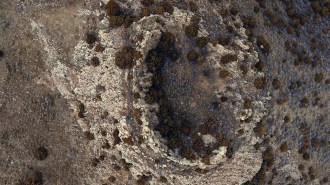 Planetary Science
Planetary ScienceAn ancient impact on Earth led to a cascade of cratering
For the first time, scientists have discovered clusters of craters on Earth that were formed by the impacts of material thrown out of a larger crater.
By Sid Perkins -
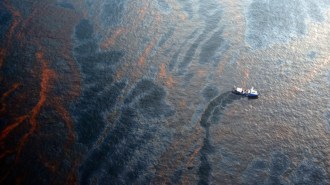 Oceans
OceansSunlight helps clean up oil spills in the ocean more than previously thought
Solar radiation dissolved as much as 17 percent of the surface oil slick spilled after the 2010 Deepwater Horizon explosion, a new study suggests.
-
 Physics
PhysicsFreshwater ice can melt into scallops and spikes
Ice submerged in liquid water can melt into three different shapes, depending on the water’s temperature.
-
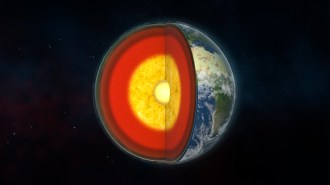 Earth
EarthWeird ‘superionic’ matter could make up Earth’s inner core
Computer simulations suggest that matter that behaves like a mash-up of solid and liquid could explain oddities of Earth’s center.
-
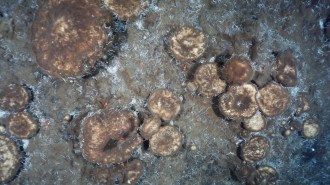 Animals
AnimalsDeep-sea Arctic sponges feed on fossilized organisms to survive
Slow-moving sponges, living deep in the Arctic Ocean where no currents deliver food, scavenge a carpet of long-dead critters.
-
 Climate
ClimateSatellites have located the world’s methane ‘ultra-emitters’
Plugging leaks from methane ultra-emitters would make a dent in greenhouse gas emissions — and be cost-effective for those countries, scientists say.
-
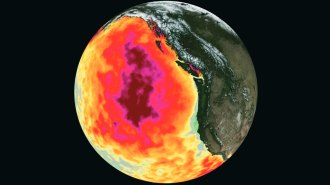 Oceans
OceansThe past’s extreme ocean heat waves are now the new normal
Marine heat waves that were rare more than a century ago now routinely occur in more than half of global ocean, suggesting we’ve hit a “point of no return.”
-
 Tech
TechMaterials of the last century shaped modern life, but at a price
From our homes and cities to our electronics and clothing, the stuff of daily life is dramatically different from decades ago.